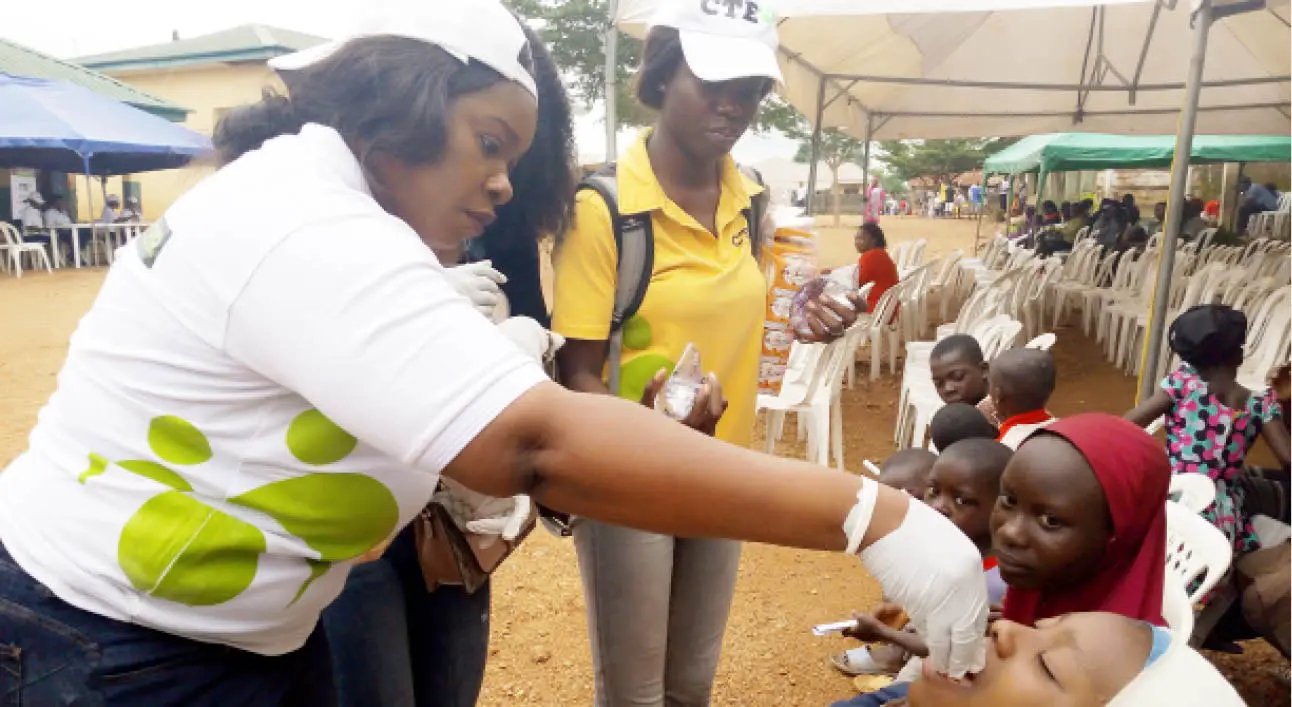Korede Abdullah in Lagos
Over 900,000 school-aged children in Cross River State will benefit from a large-scale deworming campaign launched by Evidence Action, a global non-profit organization focused on combating neglected tropical diseases.
The initiative, revealed during a media briefing at the NUJ Press Centre in Calabar, is part of the group’s 2025 strategy to eliminate intestinal worm infections in collaboration with the state government.
“Our goal is to eliminate intestinal worms as a public health problem,” said Senior Program Manager, South South, for Evidence Action, Toochi Ohaji.
He noted that the 2025 campaign will reach 912,854 children across 14 of the state’s 18 LGAs, building on the 847,455 children treated in 2024.
Ohaji stressed that school-aged children are disproportionately affected by soil-transmitted helminths and schistosomiasis, which contribute to malnutrition, anaemia, cognitive decline, and massive loss of school time.
“These infections result in millions of lost school years annually, further deepening poverty,” he said. Highlighting the affordability of the program, Ohaji added, “We utilise existing school infrastructure to train teachers and health workers to administer treatment at less than $0.50 per child.”
Evidence Action has operated in Nigeria since 2016, treating over 42 million children across six states, including Cross River, where over 2,500 personnel will be trained for this round.
The organisation urged stronger state commitment, calling for dedicated funding and policy support to ensure long-term success.
“The media is essential in shaping perceptions and encouraging parental consent, which is vital for reaching our targets,” Ohaji said, emphasising the need for accurate public information.
The campaign aligns with global efforts to combat neglected tropical diseases still affecting 1.5 billion people worldwide, including one billion children. LGAs such as Calabar Municipal, Obudu, Yakurr, Bekwarra, and Ogoja are among those targeted in the upcoming drive.



